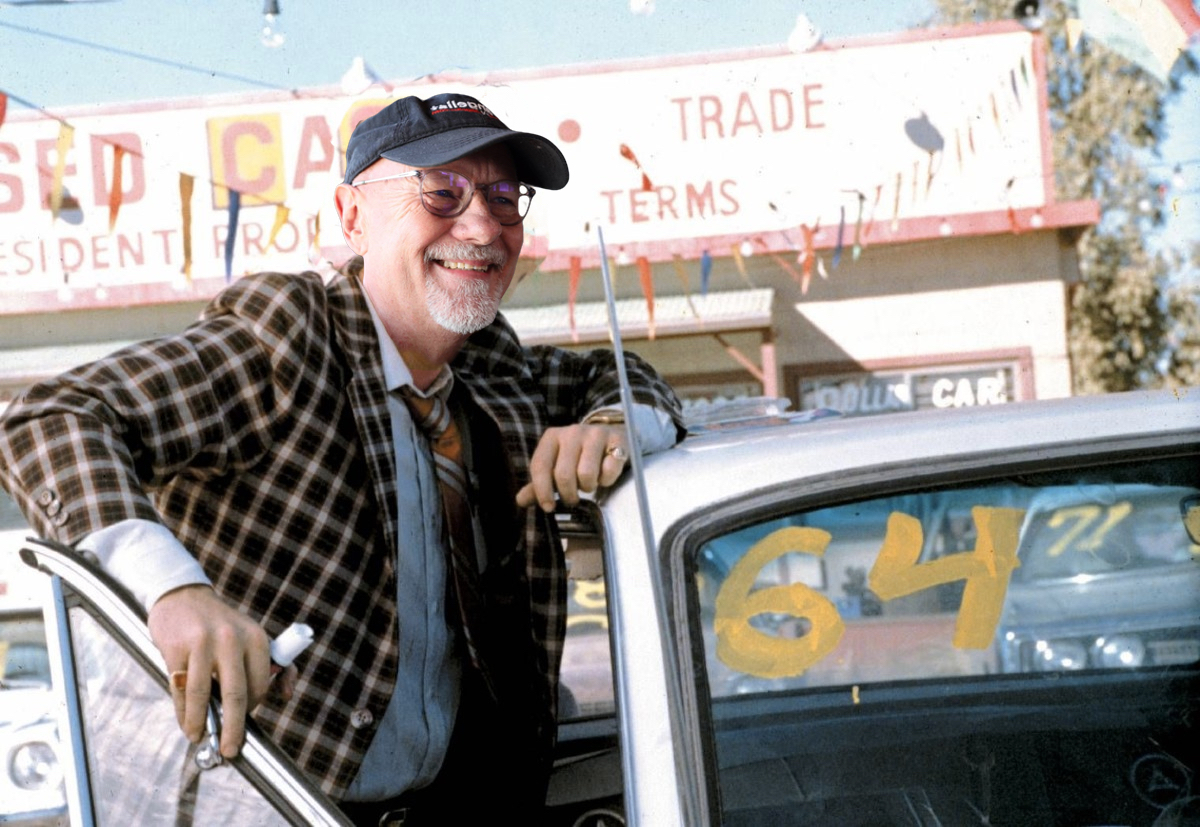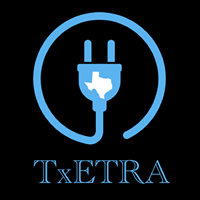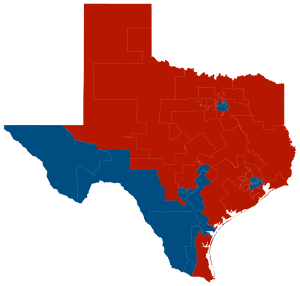I absolutely LOVE that so many disparate voices are talking about “the EV dealership problem.” One great example of this is an article published by D+R International‘s Maddie Sligh, entitled, “Utilities and Dealerships Go Together Like Chocolate and Peanut Butter.” (I am also partial to peanut butter cups.)
In my opinion, an important missing piece for many of these articles, has been the perspective and motivation of actual automotive salespeople. Fortunately, I am intimately familiar with these people…
The problem, in my opinion, isn’t educating the salespeople. The problem is the compensation plan for auto salespeople. They are paid to turn inventory…quickly. Have you ever wondered how auto salespeople can look at themselves in the mirror or sleep peacefully at night and still employ high pressure sales tactics? Do they lack some basic quality that decent human beings have? NO! It’s their pay plan.
Automotive salespeople are paid the most and rewarded with promotions, when they locate a customer, sell quickly and move on to the next customer, much in the same way that the most skilled surgeons, most talented artists, the best designers are compensated more than others in their respective fields. If salespeople have to spend time to educate the customer, beyond a few questions, it increases the sales effort/time. That means more time for the same pay or, putting it a different way, a lower hourly rate of pay. Many of them, see an EV sale as a missed opportunity to quickly sell a gas-powered car or truck at a decent profit/commission, (which doesn’t require educating the customer) so they just drop the price of the EV until the customer stops asking questions and either buys or leaves. This leaves the buyer feeling lost and without someone to answer post-sale questions. Unfortunately, the sales commission is based on each sales’ gross profit, so discounting the price just reduces the salesperson’s income (and hourly rate of pay) even further. Dealership owners and their managers, who receive bonuses for the number of vehicles sold, approve of this practice because it increases their income. However, this just further dis-incentivizes the salespeople, causing them to resist EV sales and try to sway customers away from EVs. We’ve all heard stories of people going to a dealership to buy an EV and either being ignored or interacting with a salesperson who tried to talk them out of an electric vehicle.
I’d like to see the utilities join together to educate EV buyers, rather than the salespeople. Again, every minute a salesperson spends learning about EVs is perceived as lost sales opportunity. The utilities could cooperatively create a SINGLE REPOSITORY for EV buyer educational materials, accessible by a link on their own websites, instead of each utility recreating the wheel, from scratch. This location would have materials in both print and video formats so each potential buyer could absorb the information in the manner best suited for them. By joining forces, the utilities would reduce the cost of the effort ANDreduce the price of selling, for the salesperson, reducing their resistance (pun intended) to EV selling.
In addition, the utilities could take the savings, generated by working together, and create a program where EV BUYER FEEDBACK is generated and used to create the directory of preferred dealers and more importantly, preferred salespeople. Nothing will accelerate EV sales quite as quickly as a salesperson receiving referrals, so that their first step in getting paid (acquiring a customer) is done for them. This would be much less expensive than having someone go to each dealership, evaluate the dealership’s EV aptitude (if the dealership will even spend the time to cooperate) and then creating and operating a program to educate the sales staff (who, for reasons mentioned above, don’t want to be educated). Use part of the savings to reward the most recommended salespeople with monetary prizes/bonuses. This could be paid as a month of free electricity, to grow loyalty between the salesperson and the utility and generate customer referrals from the salesperson, back to the utility (in areas where electricity customers can select their provider, especially if the utility has a special rate for EV owners).
The problem is we’re asking salespeople to voluntarily accept a lower hourly wage (lower profit/commission, longer sales cycle time) for harder work educating themselves as well as the EV-curious buyer. Many of these buyers will ask tons of questions and then go home and search for lowest-price dealer, rather than reward the salesperson who spent their time educating said buyer. This behavior exacerbates the problem with salespeople, because it rewards the dealers who just discount the price instead of having an EV-friendly dealership and post-sales support. How many of us would voluntarily work harder for a lower wage?
P.S. Once utilities decide to join forces, to establish a program as I have described above, and start looking for someone to create educational materials and set up the program parameters, I’d highly recommend looking for an EVangelist… perhaps The EVangelist.
P.P.S. Dealers: When you’re ready, I have effortless ways to effectively educate your sales & service staff about EVs. It’s so easy, it’s almost osmosis.




